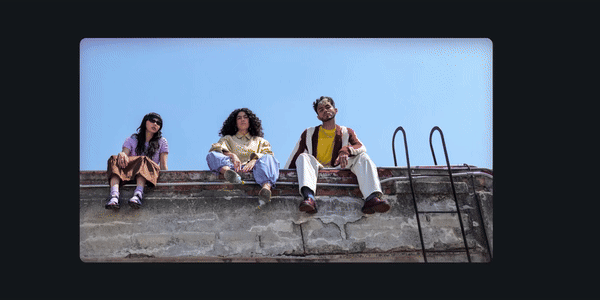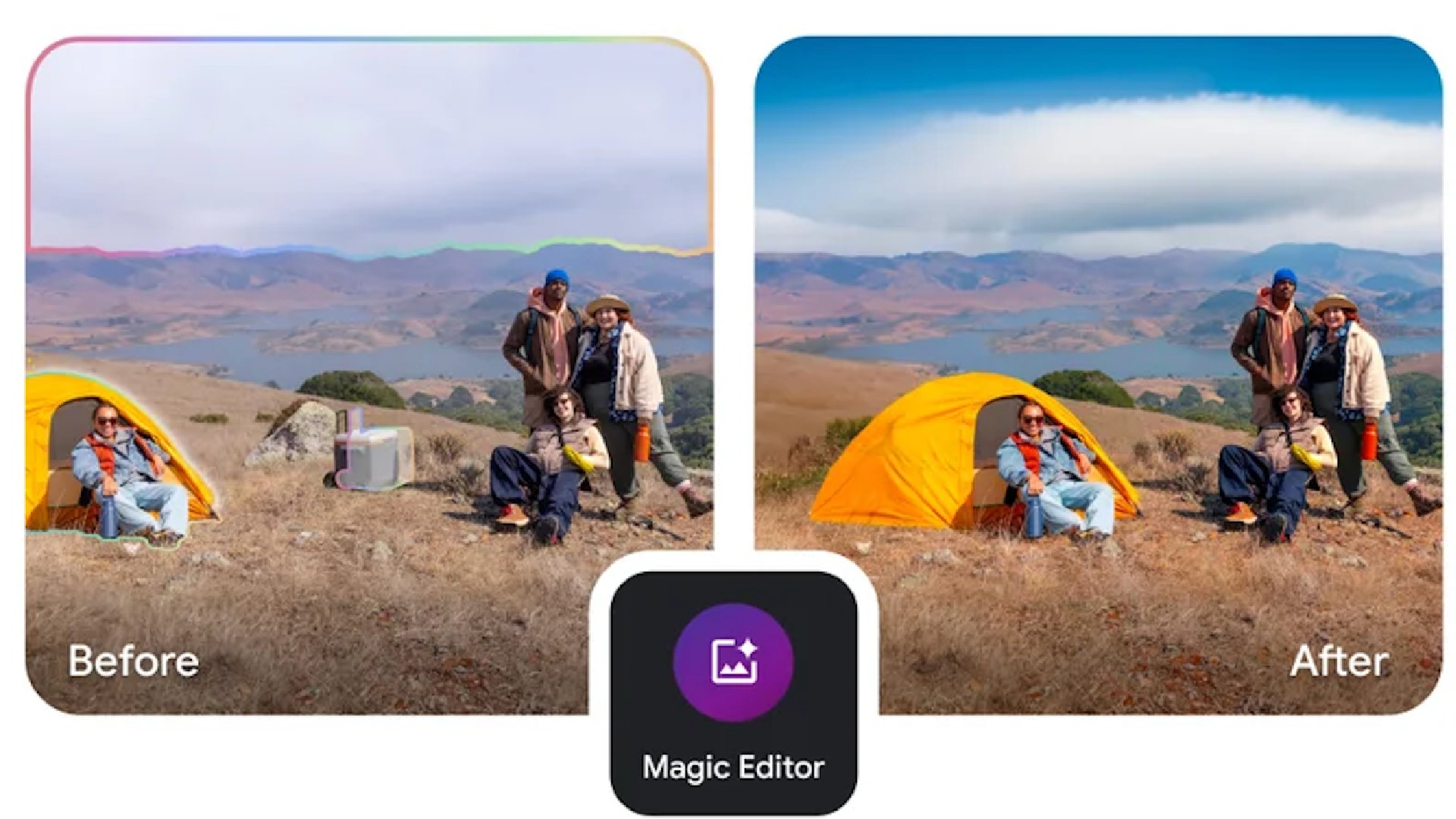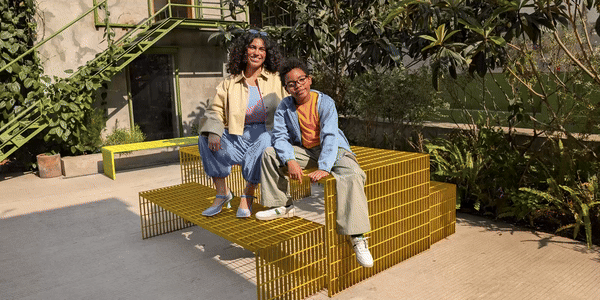
I'm currently spending six months driving around New Zealand. Pretty much every half a mile there's a well-signposted site of natural beauty to stop off at. Usually, there are lots of others couples knocking about, taking snapshots of each other. And so it always seems the decent thing to say: "Would you like one of you together?"
I do this mainly to be nice, but as an added benefit, I get to try out a lot of new smartphones in a real-world setting. This is helpful to me, because it offers a very different perspective to the sometimes detached feeling you get when reviewing and testing kit for a magazine.
Yet the more I've picked up the latest AI-powered phones, from the Samsung Galaxy S24 Ultra to the Google Pixel 9, the more I'm starting to worry about the future of photography.
Changing times
As a child of the 70s, I remember a time when photography was a craft, defined by its constraints. You loaded a roll of film, measured the light, composed your shot, and pressed the shutter. Each frame carried weight because every click cost time, effort and money.
Even in the digital era, photography retained a core truth: the captured image was a reflection of what you saw, albeit shaped by your choices of lens, settings and editing. Yes, you could use Photoshop to edit extensively later. But you had to make that decision. You had to learn the skills. You had to put in effort.
But in these latest phones, the oh-so-clever AI software does all the work.

HDR merges exposures to recover highlights and shadows you never saw with your eye. AI-powered portrait modes simulate bokeh with surgical precision. Night mode stitches multiple frames into one impossibly bright and detailed image. And now, with the Google Pixel’s Magic Editor, you can remove an object or person right there on your screen, with a single tap.
These tools are miraculous, but they’ve fundamentally altered what a camera does. And in practice, this means that what I'm seeing on my fellow tourists' screens is often very different from the scene I'm actually witnessing.
Why do we need it?
Tech giants have all sorts of good suggestions about why people might want AI in their phone. Surely, they say, people don't want dull, cloudy skies when a deep blue would look nicer. AI can also do things like remove clutter from the environment, and change your child's frown into a smile. And wouldn't you want to remove that badly behaved husband from your family photos, or indeed swap him for the new man in your life?
Like a flattering portrait painter, this new AI tech is ideal for anyone who wants to capture perfect memories. But do we really want perfect memories?
Shouldn't we remember the past, both personal and societal, warts and all? If we fail to do so, will future generations over-romantise what will have become the past, and make major mistakes as a result?

All this is forcing me to ask myself fundamental questions, not just about what photography is, but what it was previously. Was it ever about documentation? Or has photography always been about storytelling and emotion? If that’s the case, does it matter whether a story originates in a camera sensor or an algorithm, rather than a purposeful human decision?
And that's not even considering photorealistic generative AI. Now that it's possible to create “photographs” of places that never existed, does photography still have a unique role? Or has it become just another flavour of visual art, indistinguishable from its siblings?
Of course, I don’t have the answers. But as I stare at the outputs of AI-powered cameras—perfect yet impersonal, stunning yet suspect—I can’t help but feel we should at least be asking the questions.
You might also like...
We’ve tested all the best camera phones, best Android phones, and best iPhones to help you decide on your next mobile upgrade.







